Have you ever looked at successful people and wondered how they accomplish so much in the same 24 hours that everyone else has?
Well, it largely comes down to the art of time management, a crucial set of competencies that, once mastered, will lead to significant improvements in professional efficacy and overall quality of life. Time management isn’t just about cramming in as many tasks as possible into your day. It’s about arranging, coordinating, and controlling how you utilize your time to maximize productivity and efficiency.
It involves honing your time management skills to manage your time efficiently and effectively, achieving more, thereby making the most of each day. Here are some things to consider as a professional to maximize your time.
The Benefits Of Prioritizing Your Time As A Professional
Time management isn’t just about being busy; it’s about optimizing your time to achieve specific goals. Well-honed time management skills help manage personal time and professional commitments, creating balance and reducing stress. Here are the key benefits of managing your time effectively as a professional:
- Reduce Wasted Time: With good time management skills, you learn to prioritize tasks based on their importance and urgency, resulting in fewer hours wasted on irrelevant or less important tasks.
- Improve Productivity & Efficiency: One of the most significant benefits of time management is the process of systematically approaching tasks. This method has been proven to improve productivity.
- Multitasking SkillEnhancement: Multitasking is often necessary in fast-paced professional environments. Good time management skills enable you to multitask effectively by focusing on one task at a time and switching between tasks without feeling overwhelmed.

- Effective Project Management: Time management techniques are vital to successful project management. Setting time limits and specific blocks of time for project tasks helps create a timeline, ensuring the team can work efficiently towards the project’s end goal.
- Enhanced Decision Making: Better time management skills reduce the stress of last-minute decision-making. With time well managed, there’s greater scope for deliberate decision-making.
- Personal & Professional Growth: Effective time management allows room for personal development and skill enhancement, contributing to professional growth.
- Achieving Long-term Goals: Time management enables professionals to spend critical hours on tasks aligned with their long-term goals. This alignment helps individuals progress in their desired career pathways.
- Better Work-Life Balance: Managing time effectively means you’re not always racing against the clock; there’s time to relax and enjoy personal activities without feeling guilty for not working.
- Increased Job Satisfaction: Using time management tools and strategies to complete tasks within stipulated time frames results in a sense of accomplishment and increased job satisfaction.
- Reduced Stress Levels: By taking control of your time and managing it effectively, your stress levels decrease. There’s less panic, and you can even carve out specific time slots for relaxation or “5 minutes of break time.”
- Creates Time for Innovation: Effective time management isn’t just about getting tasks done; it’s also about creating pockets of ‘free time’ for innovation and creativity, both of which are essential for professional growth and job satisfaction.
The benefits of effective time management extend far beyond mere productivity. They’re about transforming how you approach your work and life, ensuring you have control over your time and the ability to achieve your personal and professional goals.
Effective Time Management Skills & Techniques To Explore
Time management isn’t innate for everyone. It’s a skill that can be developed. By investing in improving your time management skills, you’re investing in a more focused, organized, and less stressed version of yourself. There are specific steps you can take to improve how you manage time.
The first step towards effective time management is goal setting. Realistic, achievable, and measurable goals are like a compass guiding you toward what needs to be done. Keep both short-term and long-term goals in mind. This helps ensure you move towards something rather than just accomplishing a random bunch of tasks.
Once you have a clear sense of your goals, prioritize the tasks that will help you reach them. Use the Eisenhower Matrix for your decision-making. This four-quadrant box helps you divide your tasks into categories of “important and urgent,” “important but not urgent,” “not important but urgent,” and “not important and not urgent.”
Making a to-do list seems like an obvious time management tip, but it cannot be stressed enough. Write specific tasks that need to be done, then sort them based on their urgency and importance. Lighten your workload by delegating tasks that do not specifically require your input. Delegating also allows you to focus more on tasks requiring direct attention and expertise.
The start of your day is typically when you are most productive. Use this time effectively to accomplish the most important tasks first. Not only does this reduce stress levels, but it also ensures that important tasks will not be rushed or left incomplete at the end of the day.
Let’s Face It —
Avoiding procrastination is easier said than done. However, starting and completing tasks consistently with some discipline and persistence is possible. Breaking bigger tasks into smaller, manageable parts can also help overcome procrastination.
Different tasks require different levels of mental involvement and energy. Understand your high-energy and low-energy times and schedule tasks accordingly to increase productivity. Deadlines are crucial in managing your time effectively. Remember to be realistic when setting deadlines and allow time for breaks and unexpected disruptions.
Tools Needed To Track Daily Activities
Tracking daily activities is an essential part of successful time management, as it helps you to effectively manage your valuable time by identifying how much time gets spent on various tasks. Using specific tools to track and monitor your time spent on activities or tasks, you can improve your time management habits and free up time for other important pursuits.

Here are a few tools that can aid you in controlling and making the best use of your time:
1. Time Log
A time log is a simple yet effective technique to record the time dedicated to tasks throughout the day. It allows you to evaluate how you spend your time instead of letting hours pass by without conscious thought. By analyzing your time log, you can identify opportunities to optimize your schedule and eliminate activities that waste time.
2. Time Management Matrix
Based on the Eisenhower Matrix, this tool helps you categorize tasks based on their urgency and importance. By placing tasks into four quadrants (urgent & important, important but not urgent, urgent but not important, neither urgent nor important), you can quickly prioritize tasks in order of importance and allocate specific time slots accordingly.
3. Time Tracking Software
Several time-tracking applications can help you monitor the time spent on various tasks throughout the day. These apps provide you with detailed reports, allowing you to analyze and optimize your time management habits more effectively.
4. Dedicated Time for Evaluation
To improve your time management skills, it’s crucial to set aside dedicated time to evaluate and review your progress. This dedicated time enables you to assess your time management matrix and time log, helping you to pinpoint areas that require further optimization.
5. Planning Tools
Utilize calendars, planners, or digital scheduling tools as part of your time management routine. By setting time limits and deadlines and creating chunks of time for tasks, you can manage your time better and avoid double-booking or trying to move on to the next task without completing the current one.
By consistently tracking your daily activities and refining your habits based on those findings, you give yourself the time to create, evaluate, and improve your overall time management. As a result, you’ll effectively manage your time, allowing you to focus on tasks that require dedicated attention and ultimately help you become more productive and successful.
In conclusion, properly implemented, these tips can help you manage your time more efficiently, meaning you get more done in less time, effectively lowering your stress levels and improving your quality.
Remember, it’s not about being busy. It’s about being productive. Time management is an ongoing discipline, but with conscious effort, you can master this highly rewarding art, improving not only your work life but your personal life as well.
So start today and see the changes unfold as you manage your time more effectively!





0 Comments